The Well of Sergais - Source of the River Boyne
The great River Boyne formed the Boyne Valley (bru na boinne). Like many great rivers, the source is a small spring. However, the birth of the River Boyne has its roots in an ancient legend known as the Well of Sergais. Legend says that a long time ago when the gods walked the earth there was a well shaded by magical hazel trees bearing crimson nuts. Whomever should eat these nuts would be graced with the knowledge of the world. The nuts fell off the trees and into the well, and were eaten by one of the vividly coloured salmon swimming there. For this reason, it became known as the salmon of knowledge.
The God Nechtain was the guardian of the well. Nechtain only allowed himself and his three cup bearers anywhere near the well. But one day his wife, referred to as the Goddess Boann, was overcome with curiosity and went to the well without Nechtain’s permission or knowledge. By violating this prohibition, she caused the well to overflow and gush forth onto the surrounding countryside, forming the River Boyne and Boyne Valley.
The early Christian missionaries renamed the spring, Trinity Well. It lies in the grounds of Newberry Hall, near the village of Carbury, County Kildare. Legend says the Boann inhabits the Fairy Mound where Newberry House now stands. Every year the local priest performs the annual Rosary the first Sunday in June.
The legend of Finn McCool
One of the most famous legends about the Well of Sergais relates to the Celtic great warrior and giant, Finn McCool. Finn McCool features in many legends and sagas connected to ancient Ireland, the most famous being the story of how as a giant he built the Giant’s Causeway in Antrim, Northern Ireland.
But the other most famous legend is about how Finn McCool gained the power he would need in order to be the great, wise and powerful warrior he was to become in Irish legend.
The Salmon of Knowledge
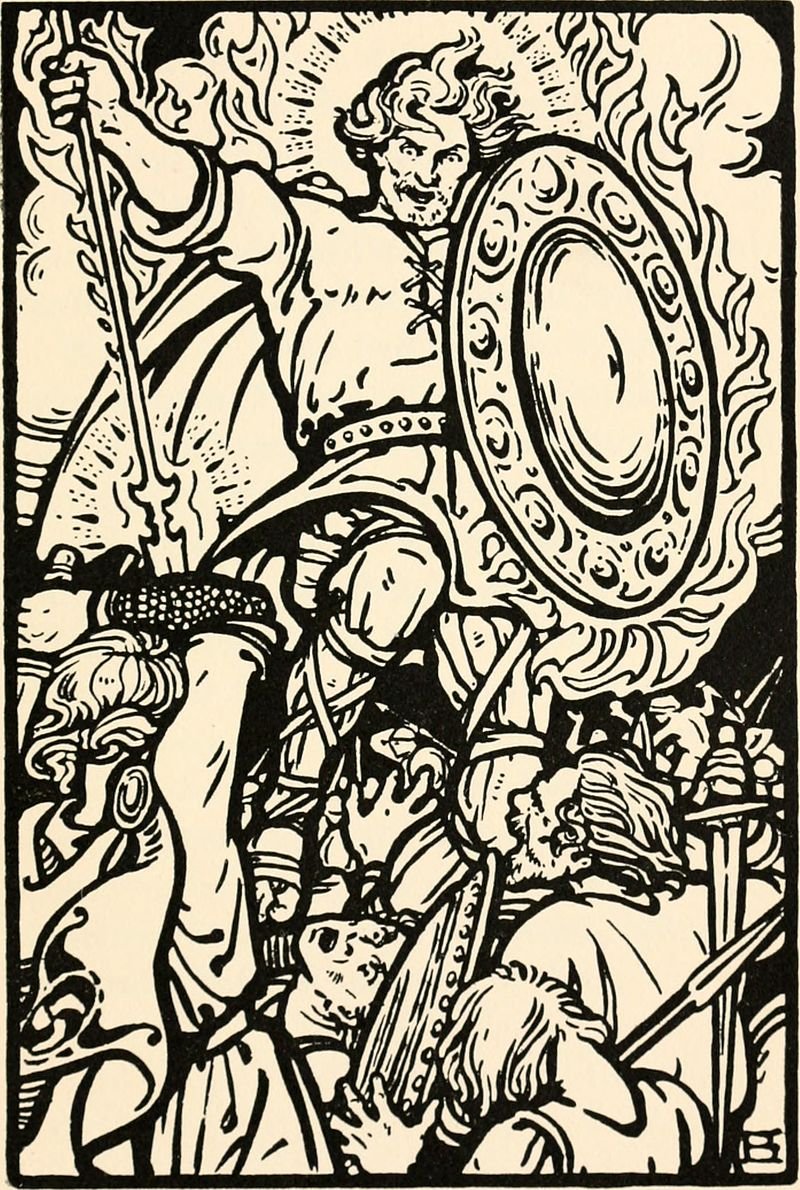
When Finn was a young man, he was a student of the poet and druid, Finnegas. Now Finnegas had heard of a prophesy telling how someone named Finn was destined to eat the Salmon of Knowledge and who would thus possess the knowledge of the world. Finnegas had assumed the prophesy referred to him and spent 7 years living beside the River Boyne, each day fishing for the Salmon.
When Finn MCool came along asking to be his student, he used his birth name, Demna, rather than the name Finn, which he had only earned in battles. Therefore, Finnegas thought nothing of it, and happily took the young man under his wing and taught him all about the art of poetry and druidary.
One day, finnegas caught the Salmon of Knowledge and sent Finn McCool back to cook it. “But on no account must you eat it,” he told him.
However, while cooking Finn burnt his thumb on the salmon and instinctively put it to his mouth to soothe it. When he told Finnegas about this, Finnigas told him about the prophesy of someone named Finn whose destiny it was to eat the Salmon of Knowledge. Finn then told him of the name that everyone gave him in battle, and Finnegas understood that it was Finn McCool who was truly destined to receive this gift. He thus told Finn to sit down and eat the whole Salmon.
Saving the High King at Tara
Finn now possessed the knowledge of the world, and all he needed to do in order see what he needed was to place his thumb of the tooth of knowledge. He then went on to use this power to save the High King from the evil fire breathing goblin, Aileen, who tormented him every year at Samhain (Halloween). Aileen would play sweet music from his silver harp and lull the king and everyone else into a deep sleep, from which they would not awake until morning. Aileen would then belch fire balls from his mouth and burn down the entire palace.
Finn McCool came to the Hill of Tara one Samhain Eve. Armed with the magical Spear of Len, Finn placed the tip of the spear on the Tooth of Knowledge which rendered him immune to the magic of Aileen music. Finn then killed Aileen with one throw of the spear.
The High King was so grateful, he made Finn McCool leader of the Fianna, the band of warriors and personal protectors of the High King.
Getting to Ireland
Dublin is the main airport for the Rep of Ireland, or else Belfast in Northern Ireland. If you are coming from within Europe then the following airlines are worth looking at.
Wizz Air: Personally I have always found them to be the best and offer the lowest fares.
Skyscanner: A great place to search and compare flights
Ebookers: Ebookers have been around for longer than most and have always offered a great choice of flights.
Getting around
CAR
The best way to get around Ireland is by car. Either take your own car or you can rent one easily from Dublin or any other major city. Here are three great places to look:
BUS
The national bus service connects most major cities, towns and villages and is a good way to get around, especially if you want to meet some locals
If you want a fun way to travel with other like-minded travellers then try the Paddywagon
TRAIN
The national train service also serves a lot of the larger towns and cities. Great for getting from one side of the country to the other.
Tours:
Roc Tours Ireland – Great private driver tours all over Ireland. (Highly Recommended)
Accommodation
Holidu: This is a great website to search for a variety of places to stay.
Hostelworld: If you are looking for budget accommodation then Hostelworld is a great place to search for a variety of backpacker hostels, B&Bs and hotels.
My Ireland Book
Read the story of my first ever trip around Ireland in my book, Hot Footing Around the Emerald Isle.
With just a backpack as a home, a guidebook in one hand, a bizarre travelogue in the other and very little money in my bank account, I leave my home and set off to this little country that has always been my neighbour, yet overlooked by myself for many years as I pursued dreams to travel to far and exotic countries. However, I was soon to learn that one of the most beautiful places in the world was right on my doorstep.
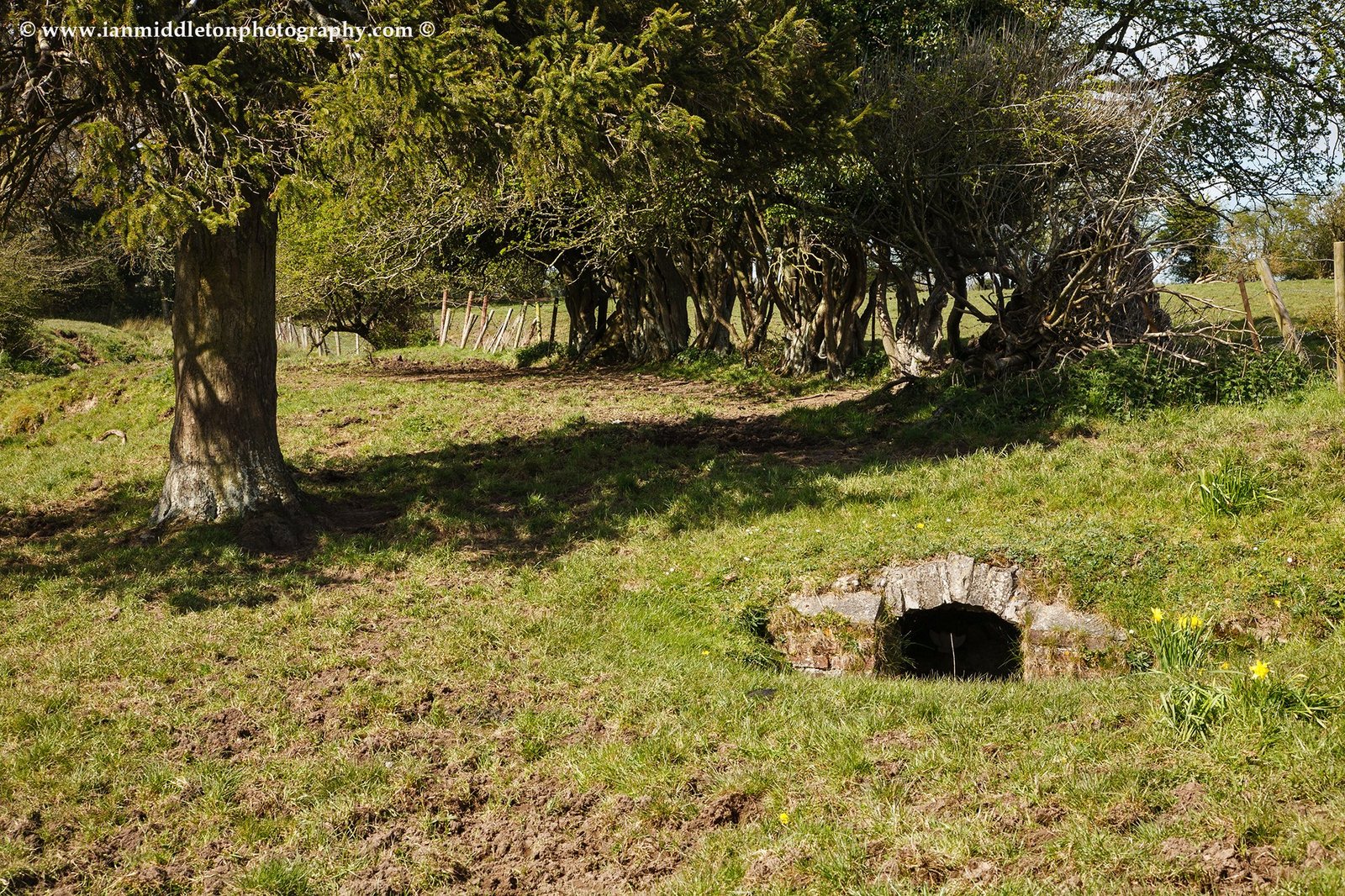
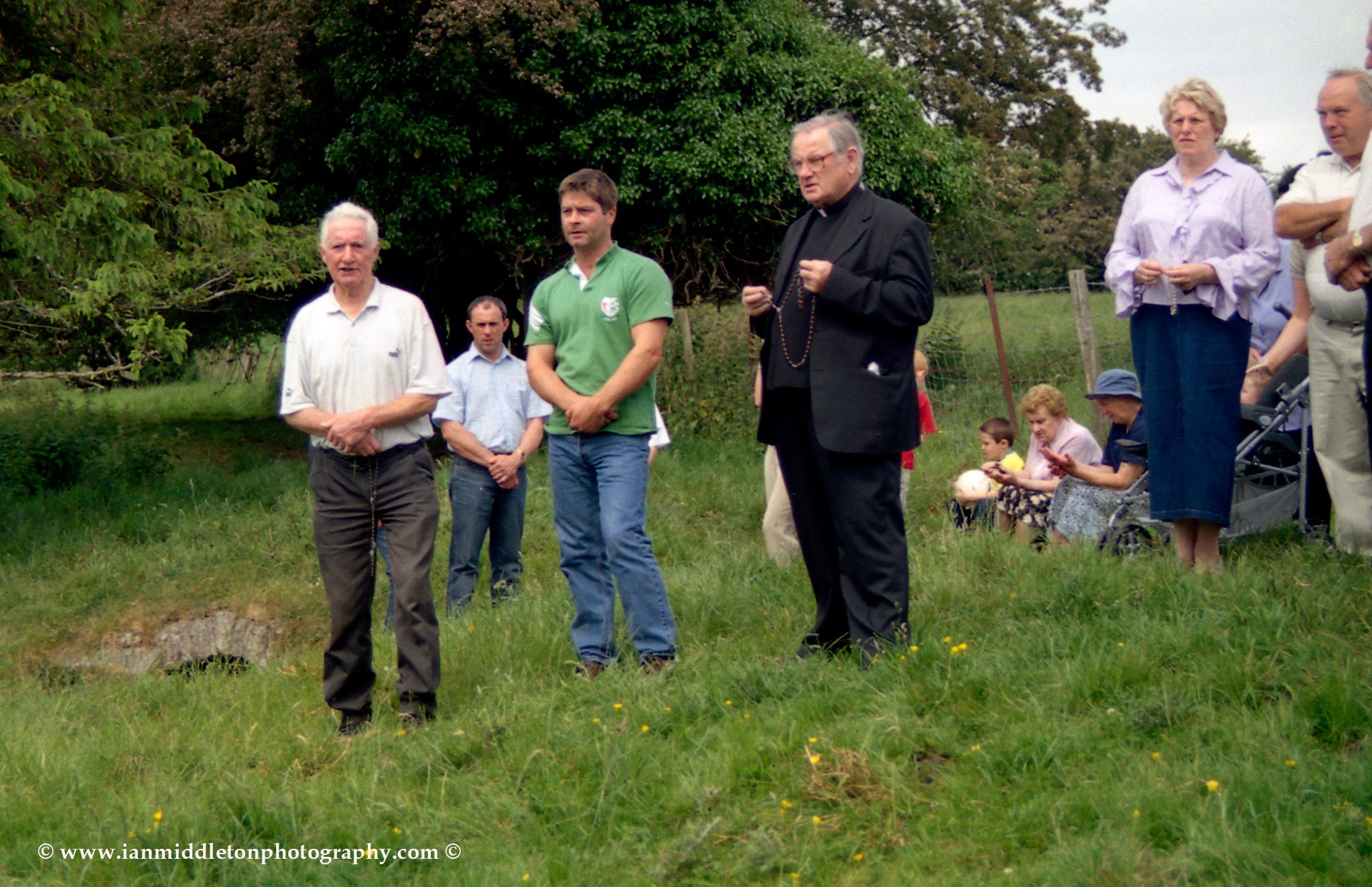
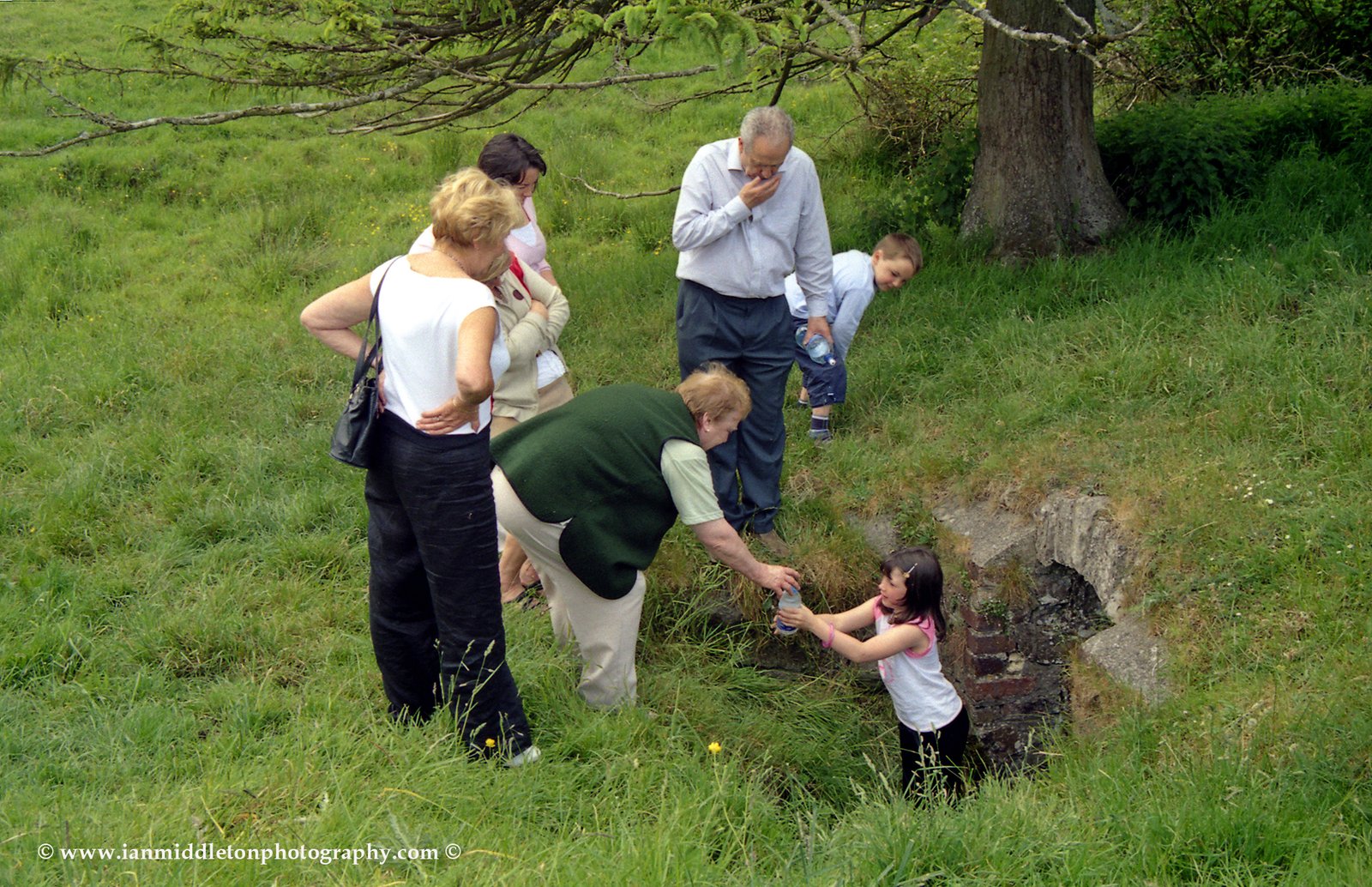
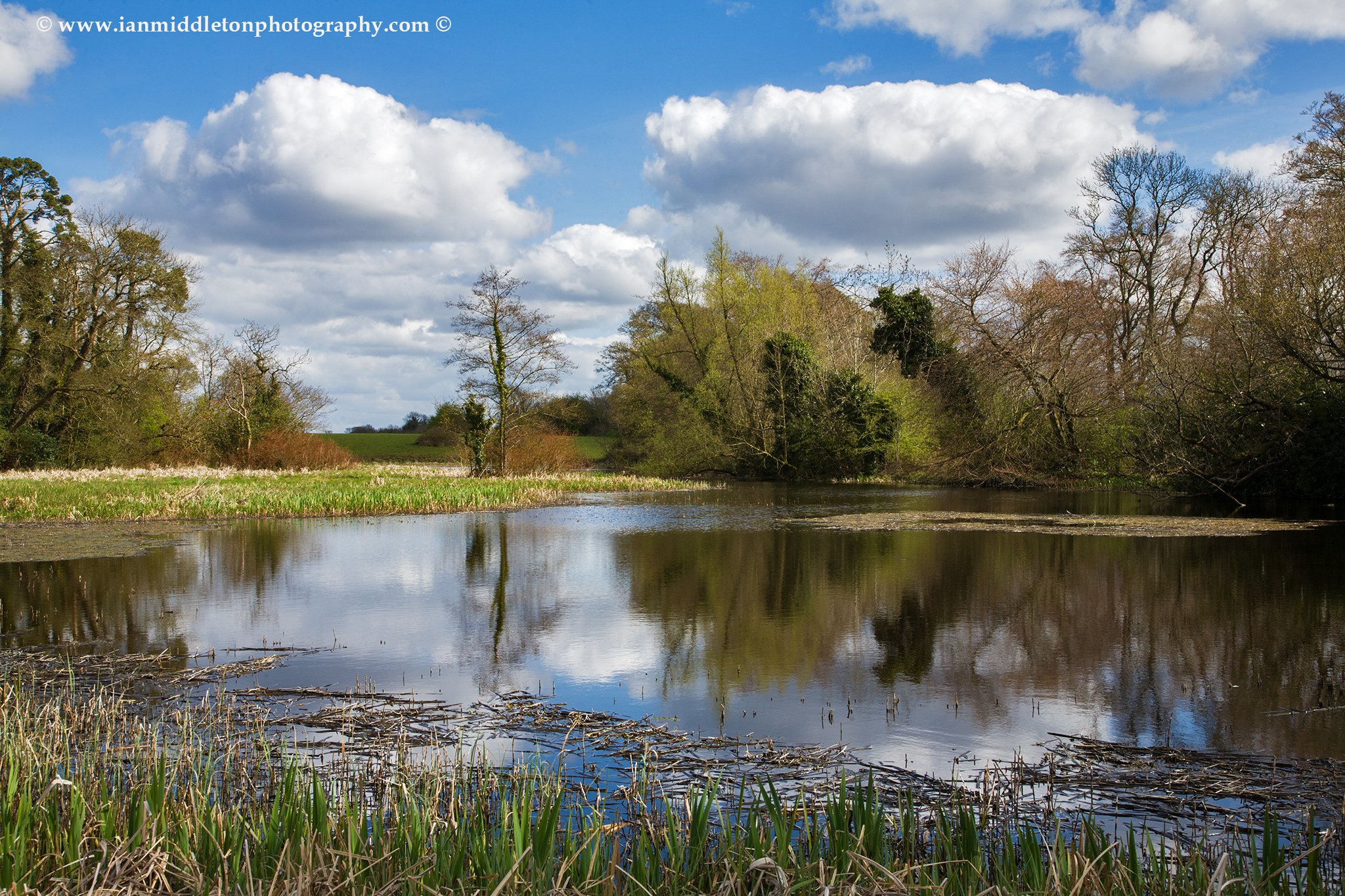
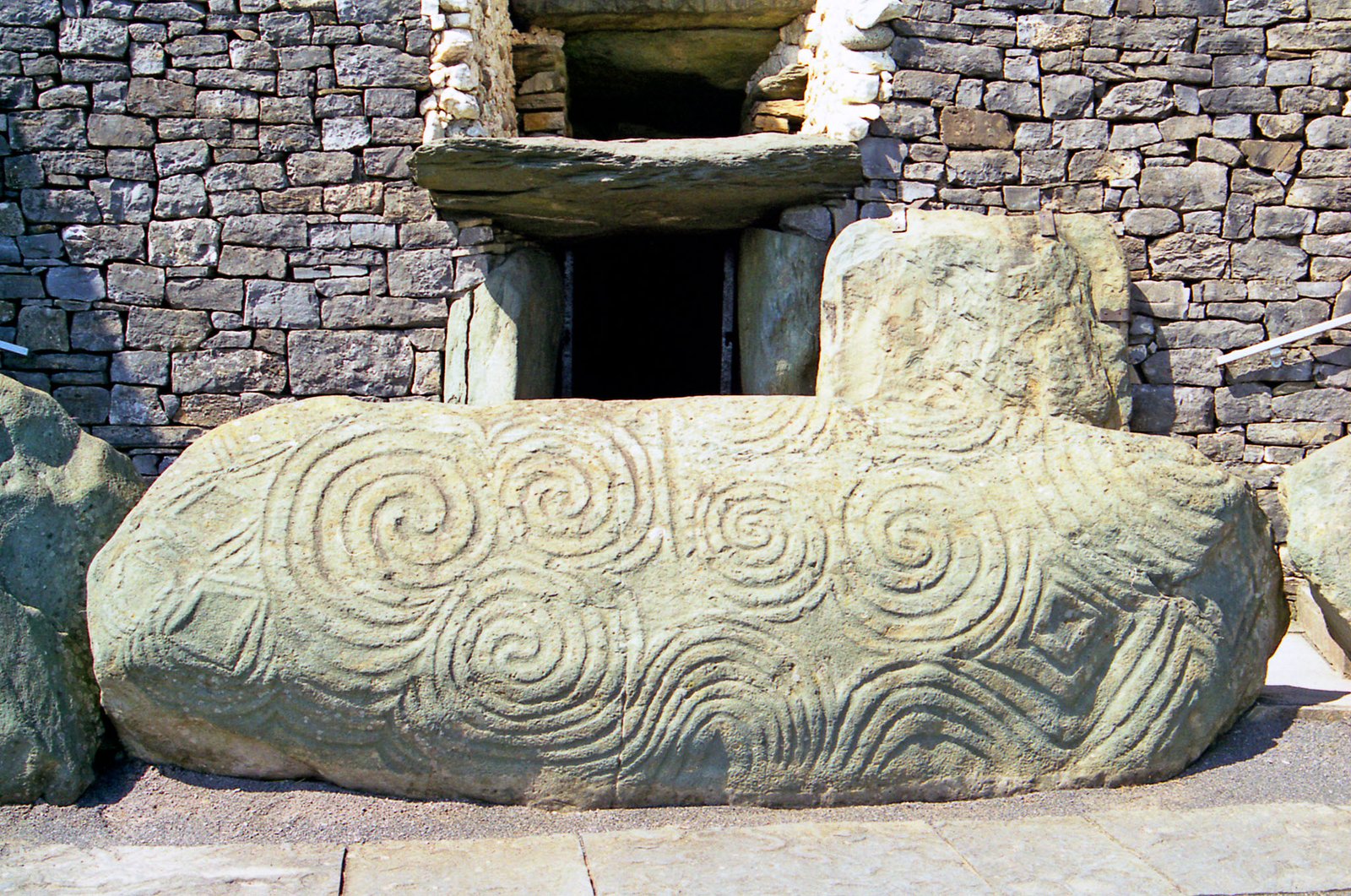












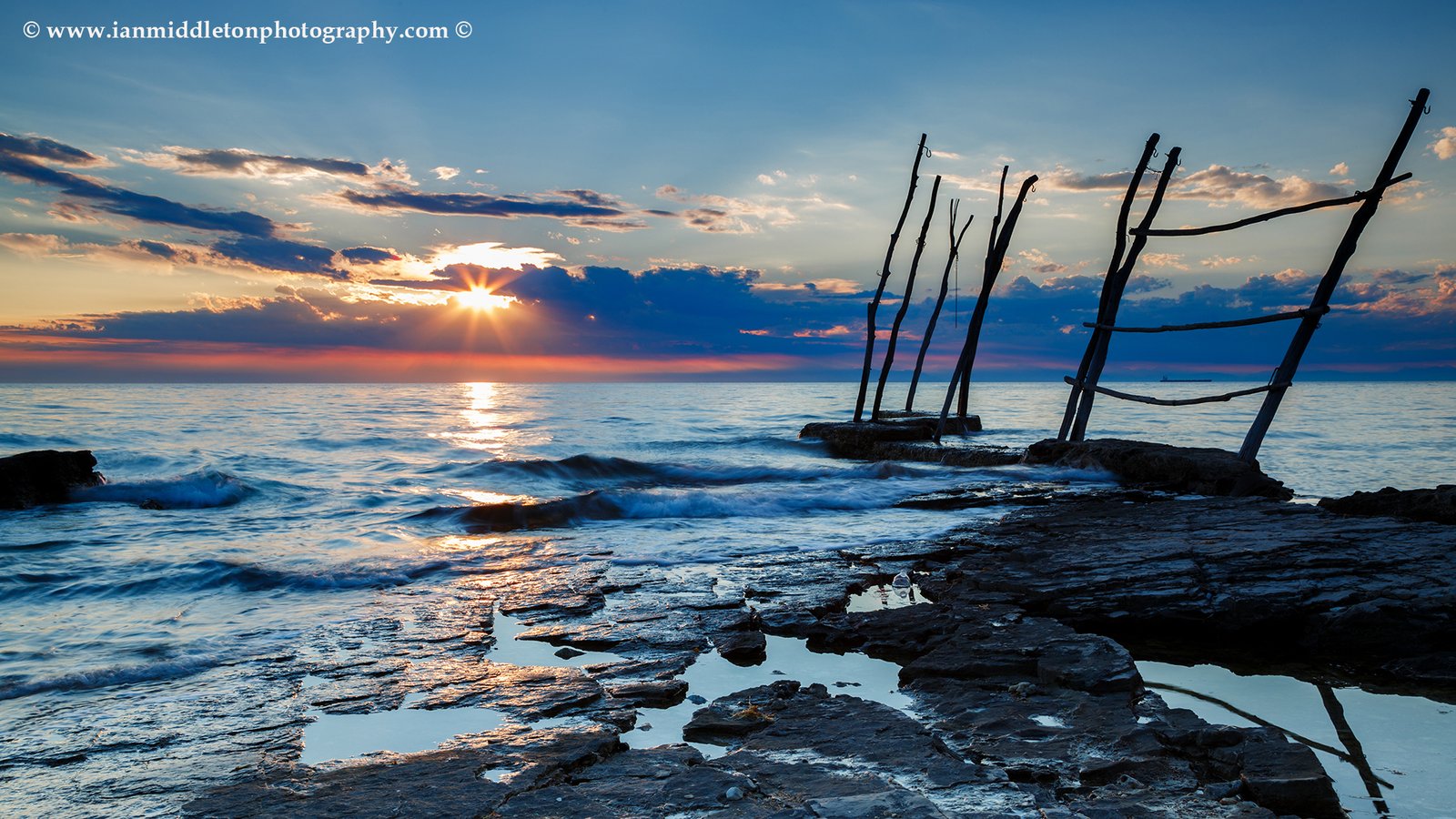
One Response